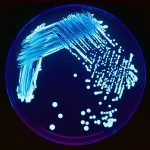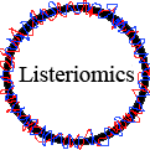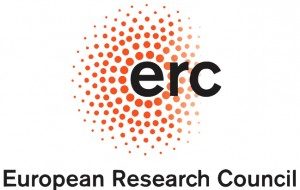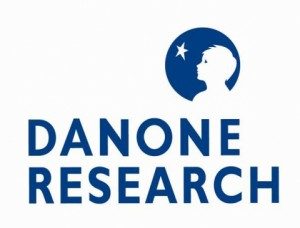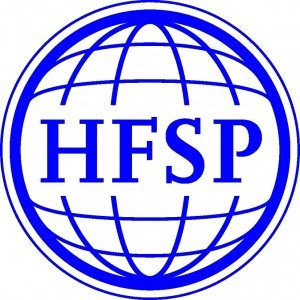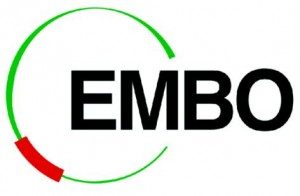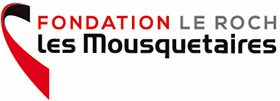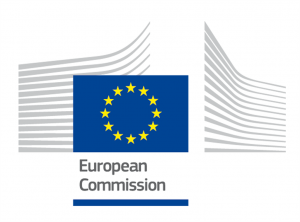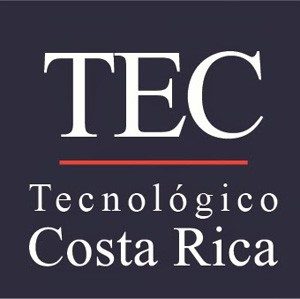Our past research centered on the molecular and cellular basis of the infection by Listeria monocytogenes, a model pathogen for the study of the intracellular parasitism. L. monocytogenes is responsible for severe foodborne infections. This bacterium is characterized by its ability to cross three host barriers -the intestinal, blood-brain or feto-placental barriers- and to invade several cell types in which it multiplies. L. monocytogenes moves in the cytosol of infected cells and spreads from cell to cell using an original propelling process; i.e. cell actin polymerization at one pole of the bacteria.
Our most recent activity focussed on:
- The identification and characterization of new non-coding RNAs involved in virulence, as well as new RNA-mediated regulations;
- The investigation of new molecular pathways involved in bacterial entry into host cells and cell-to-cell spread;
- Organelle dynamics during infection;
- The systematic analysis of post-translational modifications of host molecules during infection, in particular SUMOylation;
- Chromatin remodeling upon infection;
- The characterization of new bacterial virulence factors identified by post-genomic approaches or by their effect on cellular responses;
- In-depth understanding of the intestinal phase of the L. monocytogenes infection by analyzing the impact of commensals on L. monocytogenes growth and the bacterial effect on the intestinal tissue.
In many of these research themes, we try to generalize our findings to other bacterial models.







